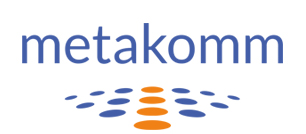Culture change
Corporate culture is an important success factor in companies. It has a strong influence on the thinking, acting and behavior of everyone, e.g. how people work together in the company, how decisions are made, which topics receive attention, how success is defined or, for example, how quickly and flexibly the organization acts. If the company is to develop further, the corporate culture will and must also change. If companies do not work on the appropriate cultural change in change processes, the best and most intelligent reorganizations will probably not be internalized by the employees.
“Culture eats strategy for breakfast!” – Peter Drucker put it in a nutshell.
However, cultural change cannot be ordered from above. Values cannot be introduced. Nobody can decide on the behavior of authorized persons either. Culture changes during a development process.
In order to enable the desired cultural change, management must change the framework conditions that influence how employees think, act and behave.
If, for example, a company has a traditional understanding of leadership, in which almost every decision is approved from above, and if this company wants to loosen hierarchies in the future and enable teams to take on more personal responsibility, the managers must learn to delegate responsibility, get permission to do so and have positive experiences with the changed team leadership collect. Only then does handing off responsibility become a regularity, then the norm, and at some point part of the new company culture that nobody notices as something new anymore.
We accompany companies in management change, support them in setting the framework, qualify managers for their new roles. We work at all levels of the company and organization, the management, the executives, employees, as well as in all group sizes, 1:1, from working in small groups up to larger teams, to working with the entire company.




